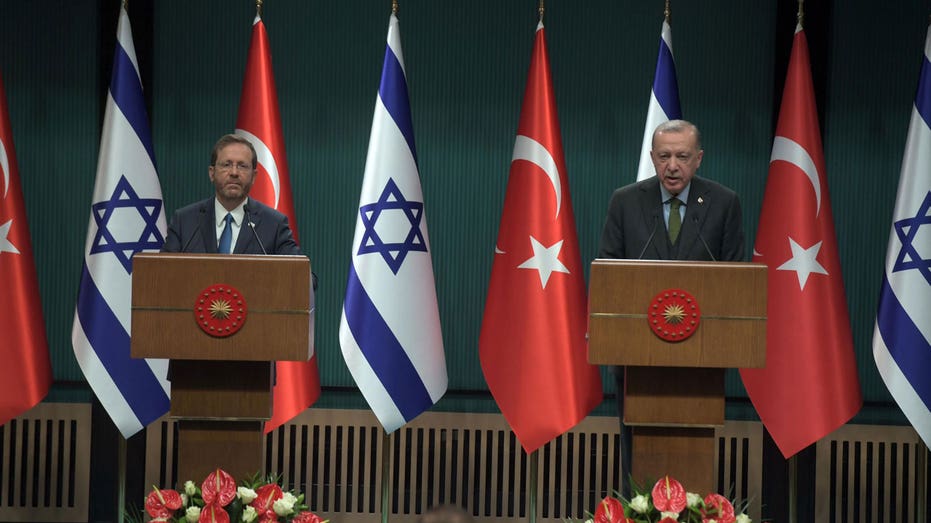In a challenge to generally accepted safety protocols, Chinese astronauts livestreamed themselves conducting an experiment with open flames aboard the country’s Tiangong space station.
Astronauts Gui Haichao and Zhu Yangzhu can be seen on video as they light a candle during a livestreamed lecture, the fourth installment of “Tiangong classroom” on the space station, showing viewers that flames appear to be nearly spherical when lit in the microgravity environment of low Earth orbit.
Flames on Earth typically appear to have a teardrop shape thanks to a buoyancy-driven convection, according to a report on Space.com, with the hot air rising and cold air dropping near the flame. In the low Earth orbit environment in which the astronauts are operating, that convection current is weaker than on Earth and causes the flame to disperse in all directions, giving it the spherical look seen in the video.
NASA MISSION THAT COULD UNLOCK SECRETS TO EARTH’S ORIGIN SET TO LAUNCH AFTER DELAYS
The candle experiment is not one that is likely to be duplicated on the International Space Station, the Space.com report noted, thanks to strict fire safety rules that limit fires to specially designed racks that help keep flames contained. Those rules were adopted in response to a fire that occurred on the Russian space station Mir in 1997.
According to a NASA summary of the 1997 incident, a fire that started in an oxygen-generating system aboard Mir lasted several minutes, cutting astronauts off from one of the space station’s escape vehicles and filling the modules with smoke.
NASA FINDS MORE THAN ROCKS INSIDE SPACE CAPSULE CARRYING ASTEROID SAMPLES
Mir’s cramped quarters made the situation even more difficult, with six astronauts attempting to navigate the tight confines and work together to extinguish the blaze.
Those astronauts eventually succeeded in putting the fire out while the space station’s life support system cleared the station of any lingering toxic smoke over the next several hours. While the Mir crew members faced no lasting harm from the fire, the incident changed how space agencies approached fire safety aboard the International Space Station.




